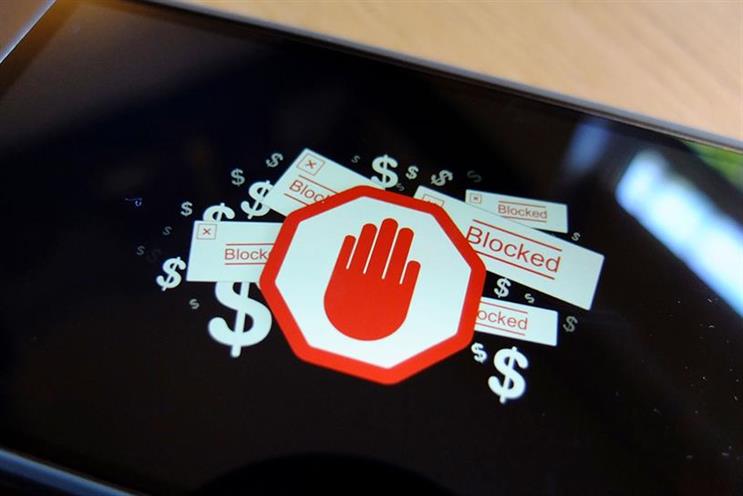
Yesterday, the social media giant announced it would give its users more choice over which ads they can see, as well as rendering ad-blockers ineffective by making ads "indistinguishable" from non-commerical content.
Ben Williams, head of operations at Adblock Plus, describes Facebook’s move as "unfortunate" because it "takes a dark path against user choice."
In a , Williams said: "It’s hard to imagine Facebook or the brands that are being advertised on its site getting any sort of value for their ad dollar here: publishers (like Facebook) alienate their audience and advertisers (the brands) allow their cherished brand name to be shoved down people’s throats. Yikes.
"So why keep wasting our time on cat-and-mouse games that are a decade old? Wouldn’t it be better to address users (like all of you!) who have chosen to block traditional ads on their own terms? That is to say, don’t you want to be consulted here?"
AdBlock Plus, and its parent company Eyeo, attracted controversy in 2011 when it introduced an "acceptable ads" program to allow "certain non-intrusive ads", such as Google AdWords, to be allowed or "whitelisted".
In a , director of Facebook ads engineering Andrew Bosworth criticised some ad-blocking companies that "accept money in exchange for showing ads they previously blocked."
"Rather than paying ad-blocking companies to unblock the ads we show – as some of these companies have invited us to do in the past – we’re putting control in people’s hand with our updated ad preferences and our other advertising controls," Bosworth added.




.jpg)
.jpeg)
